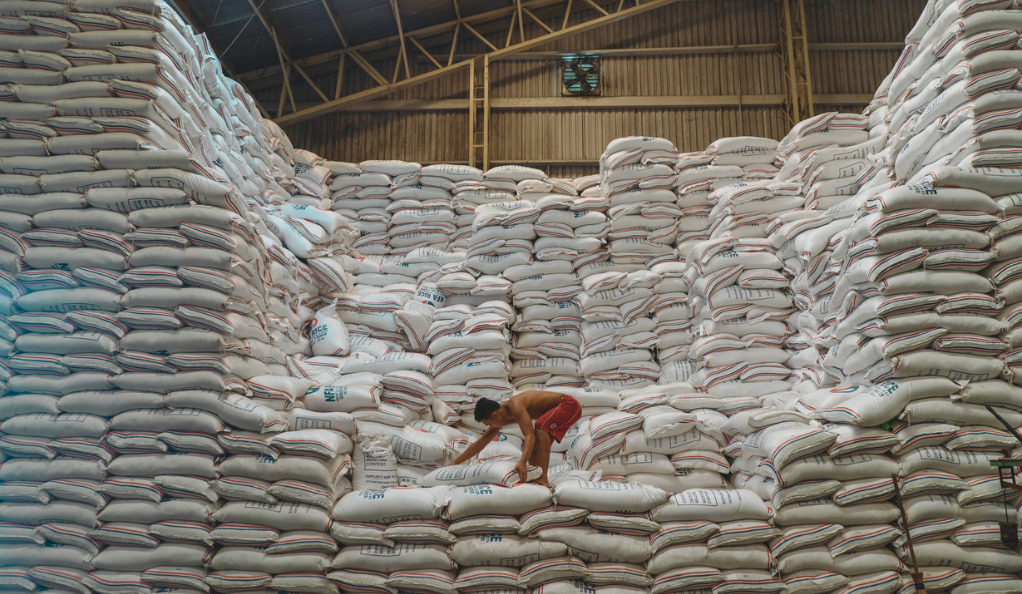Philippines Proposes 500K MT Rice Imports to Offset El Nino-Induced Harvest Deficits
The Philippines, one of the world’s largest rice consumers, has proposed importing 500,000 metric tons (MT) of rice to offset the anticipated harvest shortfalls caused by the El Nino phenomenon. The country’s Department of Agriculture believes that this move will help ensure food security and stabilize the prices of rice, a staple food for millions of Filipinos. With El Nino expected to affect agricultural production, the government is taking proactive measures to ensure that the country’s rice supply remains stable.
Philippines Proposes 500K MT Rice Imports

In response to the potential harvest deficits brought about by the El Nino-induced drought, the Philippine government has proposed importing 500,000 metric tons (MT) of rice. This initiative, led by the Department of Agriculture, aims to maintain food security and stabilize the prices of rice in the country. The Philippines is highly dependent on rice, with the majority of its population relying on this staple food for sustenance.
The proposed importation of 500,000 MT of rice is a proactive measure taken by the government to counter the anticipated shortage in rice production. With El Nino’s adverse effects on agricultural activities, particularly on farms dependent on rainwater irrigation, the country’s harvest is expected to experience significant shortfalls. By importing rice, the Philippines aims to bridge the gap between supply and demand, ensuring that its citizens continue to have access to affordable rice.
To Counter El Nino’s Harvest Shortfalls
El Nino, a climate phenomenon characterized by abnormal warming of the Pacific Ocean, has been known to cause extreme weather conditions, including droughts. The anticipated El Nino-induced drought in the Philippines is expected to have a severe impact on the country’s agricultural production, specifically rice cultivation. To mitigate the effects of this natural phenomenon, the Philippine government is proposing the importation of 500,000 MT of rice.
The proposed rice imports are crucial in countering the expected harvest shortfalls caused by El Nino. By ensuring a sufficient supply of rice in the market, the government aims to stabilize prices and prevent potential shortages. This proactive approach demonstrates the government’s commitment to maintaining food security and addressing the challenges posed by climate change.
The Philippines’ proposal to import 500,000 metric tons (MT) of rice is a strategic move to address the anticipated harvest shortfalls caused by El Nino. By importing rice, the government aims to ensure food security and stabilize prices, thus safeguarding the welfare of its citizens. This proactive measure showcases the government’s commitment to addressing the challenges posed by climate change and maintaining the stability of the country’s rice supply, a vital component of the Filipino diet. With the proposed importation, the Philippines is taking steps to mitigate the impact of El Nino and ensure that its population has access to an affordable and sufficient supply of rice.
